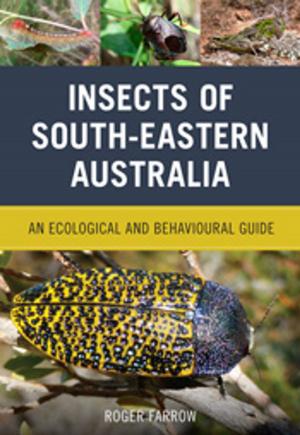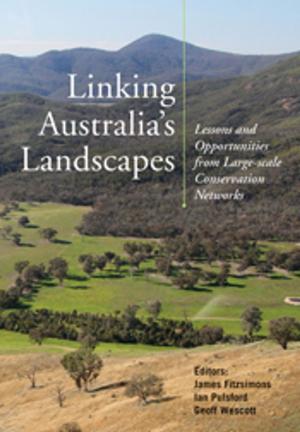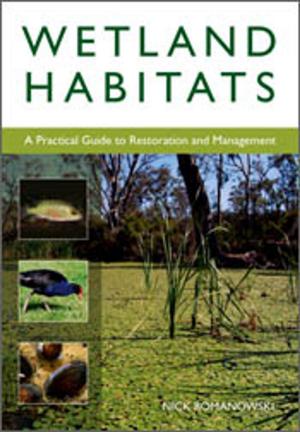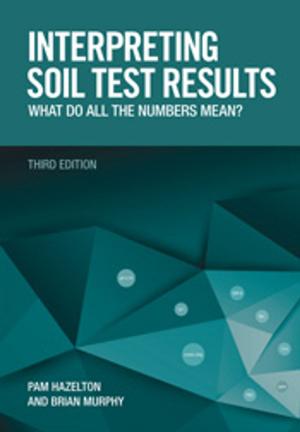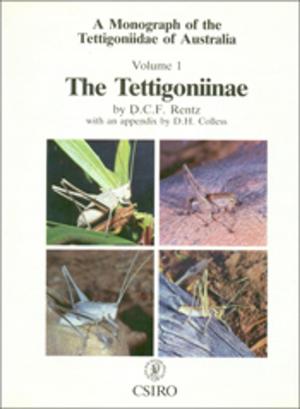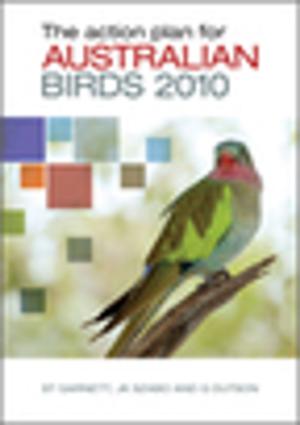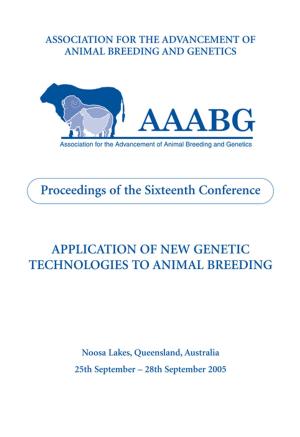Life in a Gall
The Biology and Ecology of Insects that Live in Plant Galls
Nonfiction, Home & Garden, Gardening, Science & Nature, Technology, Science| Author: | Rosalind Blanche | ISBN: | 9780643106451 |
| Publisher: | CSIRO PUBLISHING | Publication: | June 4, 2012 |
| Imprint: | CSIRO PUBLISHING | Language: | English |
| Author: | Rosalind Blanche |
| ISBN: | 9780643106451 |
| Publisher: | CSIRO PUBLISHING |
| Publication: | June 4, 2012 |
| Imprint: | CSIRO PUBLISHING |
| Language: | English |
What are plant galls and how are they caused? This book introduces the Australian native insects that induce galls on plants and the plant species that host them. It explores the ways the insects have adapted to living part of their lives in the confined spaces of galls, and describes the strategies employed by different insect groups to find a suitable site to induce a gall, obtain food, mate and escape the gall. Life in a Gall also looks at the predators, parasitoids, inquilines, kleptoparasites and micro-organisms that prey on gall-inducing insects and the ways the insects defend themselves from these enemies. It covers the problems gall-inducing insects can cause for agriculture, forestry and horticulture, and gives examples of several pest species. On the positive side, the book describes the essential services gall-inducing insects provide by pollinating figs, controlling invasive weeds and contributing to indigenous food. The final chapter provides tips for people who want to collect and study galls, and shows that answering many of the questions still surrounding gall-inducing insects is not restricted to professional scientists but can be achieved by diligent amateurs too.
What are plant galls and how are they caused? This book introduces the Australian native insects that induce galls on plants and the plant species that host them. It explores the ways the insects have adapted to living part of their lives in the confined spaces of galls, and describes the strategies employed by different insect groups to find a suitable site to induce a gall, obtain food, mate and escape the gall. Life in a Gall also looks at the predators, parasitoids, inquilines, kleptoparasites and micro-organisms that prey on gall-inducing insects and the ways the insects defend themselves from these enemies. It covers the problems gall-inducing insects can cause for agriculture, forestry and horticulture, and gives examples of several pest species. On the positive side, the book describes the essential services gall-inducing insects provide by pollinating figs, controlling invasive weeds and contributing to indigenous food. The final chapter provides tips for people who want to collect and study galls, and shows that answering many of the questions still surrounding gall-inducing insects is not restricted to professional scientists but can be achieved by diligent amateurs too.

